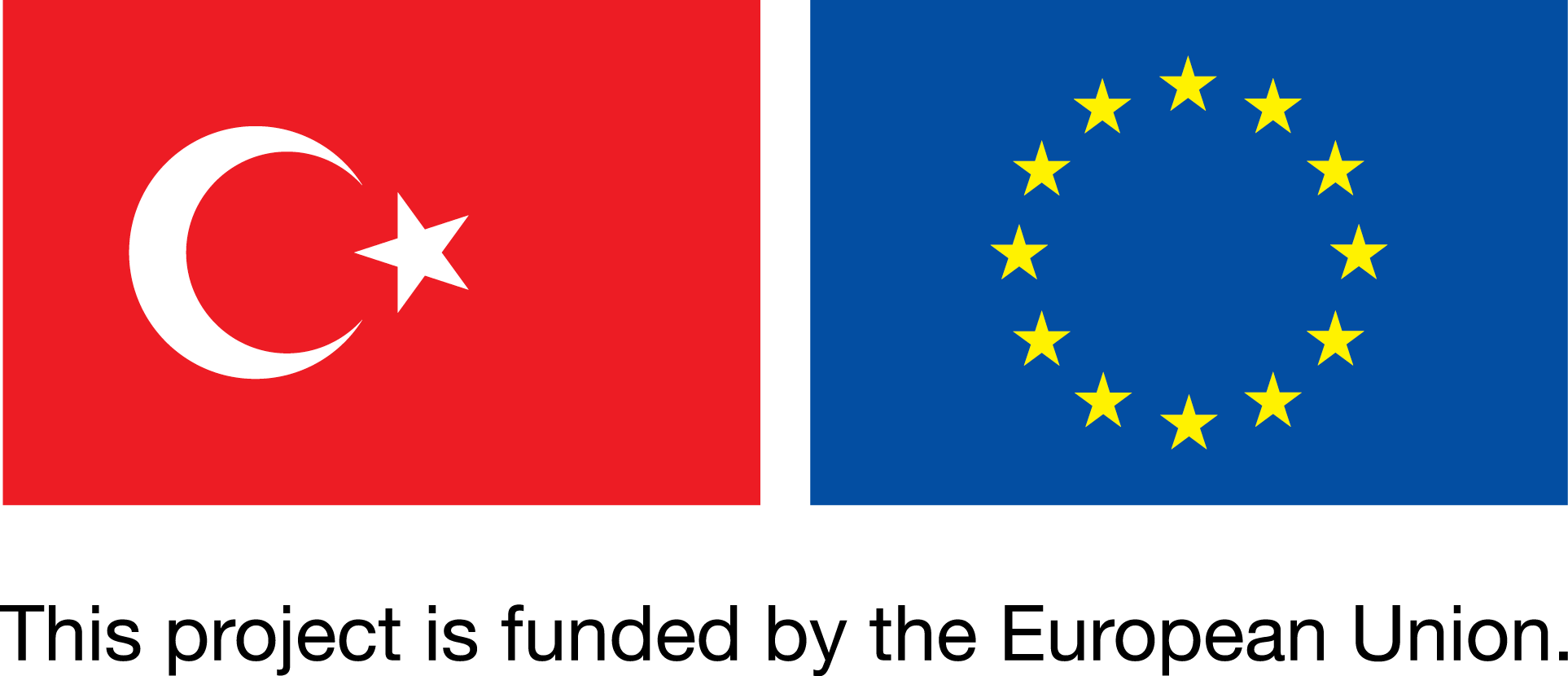
Brief Description of the Project and Main Objectives
The overall objective of the project is to integrate the understanding of democratic school culture, which includes fundamental rights and freedoms as well as universal basic values, in the education system and to strengthen democratic cultural practices in the society in general.
The specific objective of the project is to develop democratic values and practices in schools; strengthen the capacities of all stakeholders regarding democratic school culture, including decision makers, inspectors, principals, teachers, students, parents and local non-governmental organizations; and to raise awareness of democratic school culture in schools and outside of school.
Achieved Results / Expected Outputs
- Developing policy recommendations for promoting a culture of democracy and human rights in the education system
- Preparing educational material for primary and preschool education to promote human rights, democracy and common values
- Helping primary and preschool teachers gain democratic culture skills
- Developing a democratic school understanding and raising awareness among primary and preschool education institutions and the public
The project was designed in line with the Council of Europe’s Reference Framework of Competences for Democratic Culture, conceptual model that includes the necessary competencies for an effective participation within the culture of democracy.
Policy recommendations were developed for the strategic action plan to be prepared for the integration of democratic cultural competencies in the basic education system and school practices, together with awareness on human rights and democracy.
The Holistic School Model, which promotes a holistic approach in basic education institutions, was developed and implemented in 110 pilot schools, which subsequently extended to 373 schools.
20 different educational materials based on human rights, democracy and basic universal values were developed for basic education institutions and delivered to 2,126 teachers and 48,470 students.
Trainers’ trainings, progressive trainings, regional workshops and conferences were organized for the administrators and teachers in basic education institutions to gain democratic cultural competencies.
Effective communication and awareness activities was carried out within the framework of the communication strategy aimed at improving awareness and understanding of democratic school culture, and visual and audio materials were prepared.

